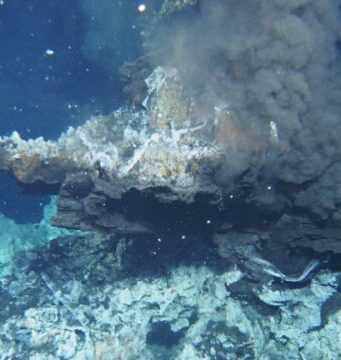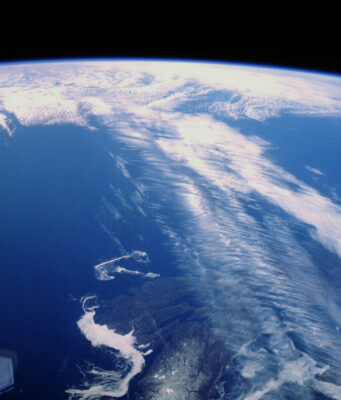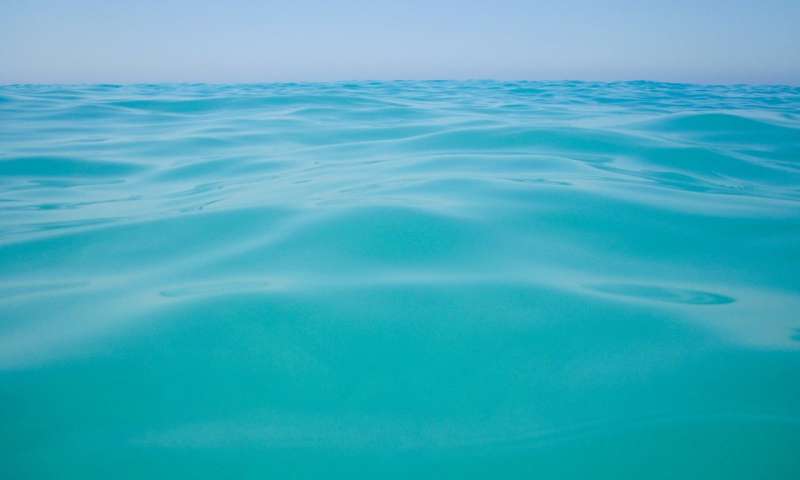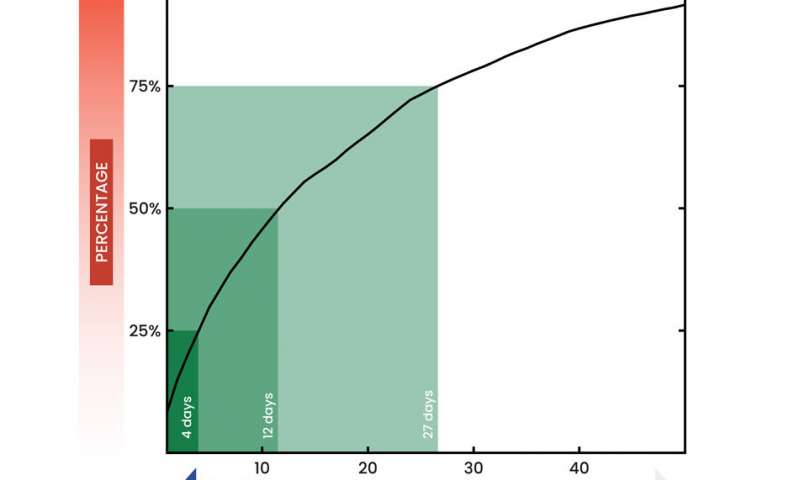Using a 25-year record of ESA satellite data, recent research shows that the pace at which Greenland is losing ice is getting faster.
The research, published in Earth and Planetary Science Letters, uses radar altimetry data gathered by the ERS,...
The largest extinction in Earth's history marked the end of the Permian period, some 252 million years ago. Long before dinosaurs, our planet was populated with plants and animals that were mostly obliterated after a series of massive volcanic...
Earth scientists are able to travel far back in time to reconstruct the geological past and paleoclimate to make better predictions about future climate conditions. Using the organic molecule phytane, a debris product of chlorophyll, scientists at the Netherlands...
A study led by Drs. Christelle Not and Benoit Thibodeau from the Department of Earth Sciences and the Swire Institute of Marine Science, The University of Hong Kong, highlights a dramatic weakening of ocean circulation during the 20th century...
Scientists at The University of Texas at Austin's Marine Science Institute have discovered nearly two dozen new types of microbes, many of which use hydrocarbons such as methane and butane as energy sources to survive and grow—meaning the newly...
A program to reduce Earth's heat capture by injecting aerosols into the atmosphere from high-altitude aircraft is possible, but unreasonably costly with current technology, and would be unlikely to remain secret.
Those are the key findings of new research published...
Scientists have discovered that bacteria in the deepest parts of the seafloor are absorbing carbon dioxide and could be turning themselves into an additional food source for other deep-sea life.
Bacteria living 4000m below the ocean surface in the Clarion-Clipperton...
Earth's latest ice age may have been caused by changes deep inside the planet. Based on evidence from the Pacific Ocean, including the position of the Hawaiian Islands, Rice University geophysicists have determined Earth shifted relative to its spin...
Currently, half of the world's measured precipitation that falls in a year falls in just 12 days, according to a new analysis of data collected at weather stations across the globe.
By century's end, climate models project that this lopsided...
Slow-motion collisions of tectonic plates under the ocean drag about three times more water down into the deep Earth than previously estimated, according to a first-of-its-kind seismic study that spans the Mariana Trench.
The observations from the deepest ocean trench...
The Atacama Desert, the driest and oldest desert on Earth, located in northern Chile, hides a hyper-arid core in which no rain has been recorded during the past 500 years. But this situation has changed in the last three...


















